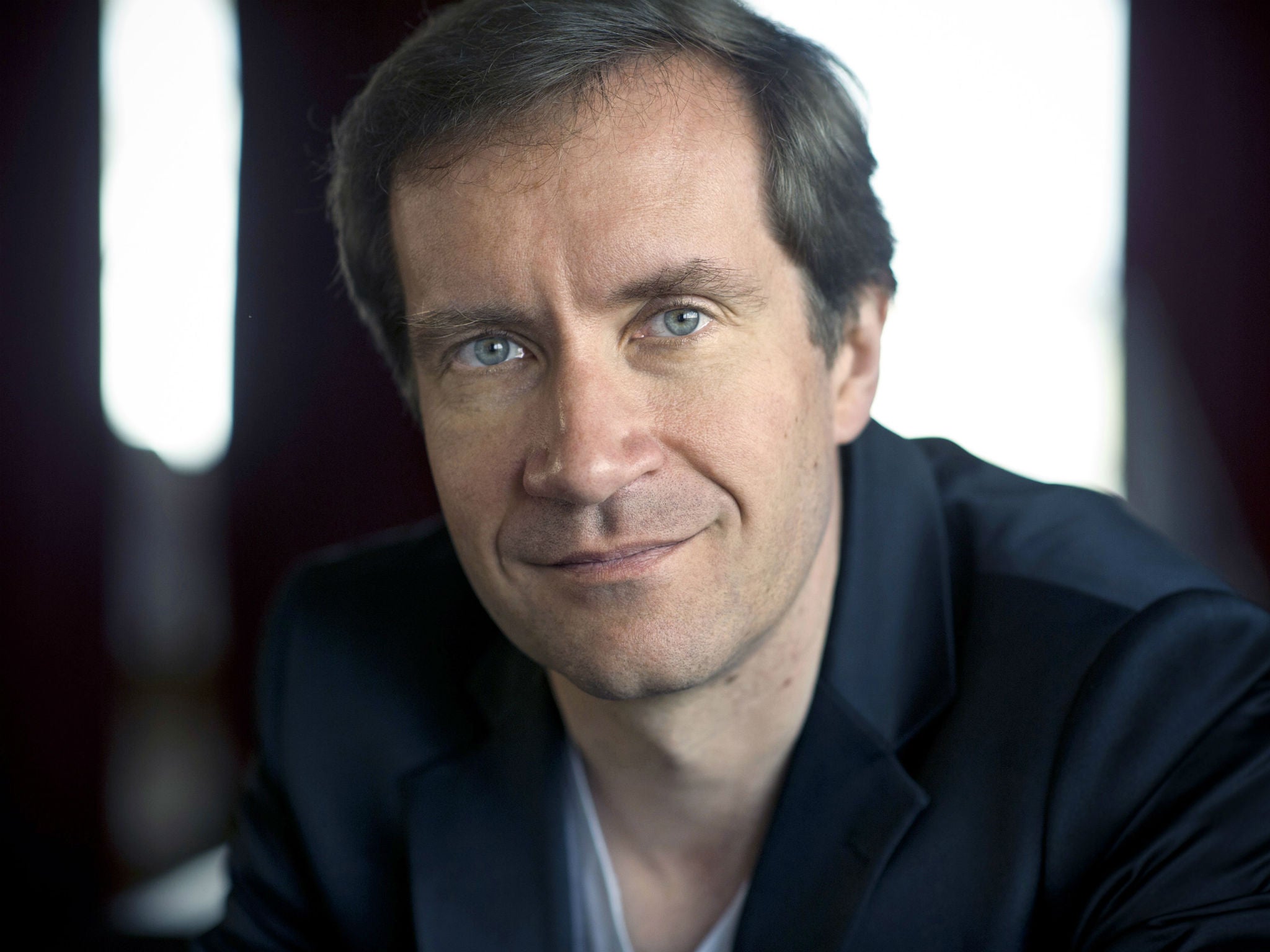Nikolai Lugansky, Wigmore Hall, London, review: Turbulent magnificence
The pianist evinced a quintessentially Russian sound with a wonderful array of colours, playing Rachmaninov, Debussy and Schumann

Your support helps us to tell the story
From reproductive rights to climate change to Big Tech, The Independent is on the ground when the story is developing. Whether it's investigating the financials of Elon Musk's pro-Trump PAC or producing our latest documentary, 'The A Word', which shines a light on the American women fighting for reproductive rights, we know how important it is to parse out the facts from the messaging.
At such a critical moment in US history, we need reporters on the ground. Your donation allows us to keep sending journalists to speak to both sides of the story.
The Independent is trusted by Americans across the entire political spectrum. And unlike many other quality news outlets, we choose not to lock Americans out of our reporting and analysis with paywalls. We believe quality journalism should be available to everyone, paid for by those who can afford it.
Your support makes all the difference.The Soviet Union may be long gone, but musically its spirit lives superbly on. For while avant-garde composers – think of Shostakovich – were being hammered flat, and while Soviet musicians’ rights to tour abroad were ferociously curtailed, there were few artistic constraints on those musicians: thus it was that mid-century Russia enjoyed a golden age of pianism.
Godlike teachers – Heinrich Neuhaus and Alexander Goldenweiser pre-eminent – oversaw the development of godlike players including Sviatoslav Richter, Lazar Berman, and Emil Gilels, whose recordings will forever sell like hot cakes. Meanwhile Soviet pianists who took refuge in the West – Grigory Sokolov, Vladimir Ashkenazy and Evgeny Kissin chief among them – carried the torch for their very special art. A combination of poetry and power was the key.
Born in 1972, and trained at the Moscow conservatory, Nikolai Lugansky matured as the Soviet empire fell apart, but he is in effect another torch-bearer.
He began his Wigmore recital with an unusually forceful account of Schumann’s Kinderszenen, and followed it with Debussy’s Suite Bergamasque. The Prelude came smart as a whip, and the Menuet with playfulness; Clair de lune, which here had spacious grandeur, dissolved into the ether like a mirage, and the finale crackled with energy. But there was nothing Gallic about his playing.
For the rest of the programme, however, he was in his element, serving up a brilliant medley of Rachmaninov Preludes, some well-known but others refreshingly unfamiliar. Exploiting all the resources of his big Steinway, he evinced a quintessentially Russian sound with a boldly singing tone and a wonderful array of colours.
Much of his repertoire overlapped with that of Evgeny Kissin’s in his recent Barbican recital, but, superb though that was, Lugansky topped it thanks to his playing’s sheer, turbulent magnificence.
Join our commenting forum
Join thought-provoking conversations, follow other Independent readers and see their replies
Comments